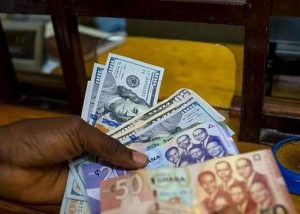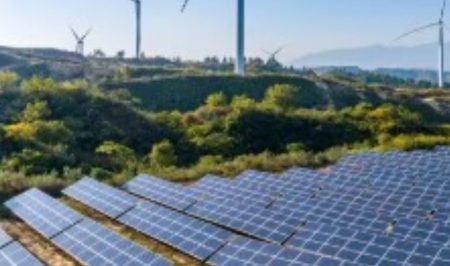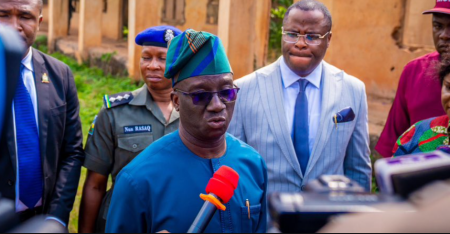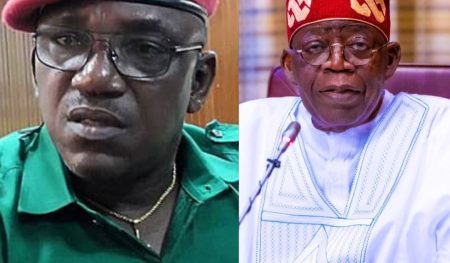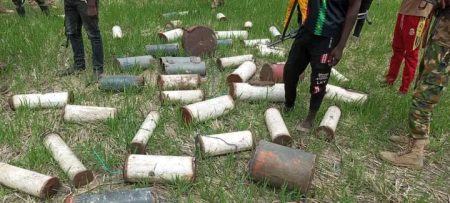Historical Injustices Fuel Demands for New States in Northeast Nigeria
The clamor for state creation in Nigeria has resurfaced with renewed vigor, as several groups in the Northeast region advocate for the establishment of four new states. These proposed states – Savannah State from Borno, Amana State from Adamawa, Katagum State from Bauchi, and Muri State from Taraba – represent long-standing grievances and perceived historical injustices that have fueled the desire for greater autonomy and self-determination. The demand for these new states gained significant traction during a zonal public hearing on the review of the 1999 Constitution held in Maiduguri, Borno State, providing a platform for these groups to articulate their aspirations and present their case before the relevant authorities.
Central to the arguments for state creation is the belief that the current administrative structure has failed to adequately address the unique needs and historical context of these regions. Proponents argue that the creation of smaller, more manageable states would enhance development, improve governance, and empower local communities to take control of their own destinies. The demand for Amana State, carved out of Adamawa and parts of Borno State, exemplifies this sentiment. Advocates for this new state point to a historical agreement, dating back to a 1961 plebiscite, which they claim guaranteed the region a distinct status within Nigeria. This perceived breach of trust has fueled a deep sense of marginalization and a desire for greater autonomy.
The proponents of Amana State, as represented by the Amana State Movement, emphasize the historical context of their demand. They highlight a United Nations-conducted plebiscite in 1961, where the region voted to join Nigeria based on the promise of distinct recognition as either a province or a state. This promise, according to the movement, was made by prominent figures like the late Sardauna of Sokoto, Sir Ahmadu Bello. The movement argues that this pledge was never fulfilled, contributing to a sense of historical injustice and fueling the current demand for statehood. They believe that the creation of Amana State would rectify this historical wrong and empower the region to pursue its developmental aspirations.
Similarly, groups advocating for Katagum State, to be carved out of Bauchi State, express confidence in the current National Assembly’s willingness to consider their request. They believe that the creation of a new state would bring development closer to the people and address long-standing grievances related to resource allocation and representation. Their optimism stems from the belief that the present political climate is conducive to their demand and that their arguments will resonate with the authorities. This confidence in the current political landscape reflects a broader expectation that the ongoing constitutional review process will be responsive to the aspirations of marginalized communities.
The public hearing in Maiduguri brought together a diverse range of stakeholders, including political leaders, traditional authorities, and civil society groups. The presence of prominent figures such as the Governor of Borno State, represented by his deputy, several senators, former Senate President Ahmad Lawan, and the Shehu of Borno underscored the significance of the event. This gathering provided a forum for open dialogue and debate on the constitutional review process and the various demands for state creation. The participation of high-profile figures lent weight to the proceedings and helped to elevate the issue of state creation to the national stage.
The demands for new states in the Northeast reflect a complex interplay of historical grievances, developmental aspirations, and political calculations. While the arguments for state creation often focus on improving governance and fostering development, underlying these claims are deep-seated sentiments of marginalization and a desire for greater self-determination. The constitutional review process provides a crucial opportunity to address these long-standing concerns and reshape the political landscape of the region. The outcome of these demands will undoubtedly have far-reaching implications for the future of the Northeast and the broader Nigerian federation. The ongoing debate highlights the need for a comprehensive and inclusive approach to constitutional reform that addresses the diverse needs and aspirations of all Nigerian citizens.



